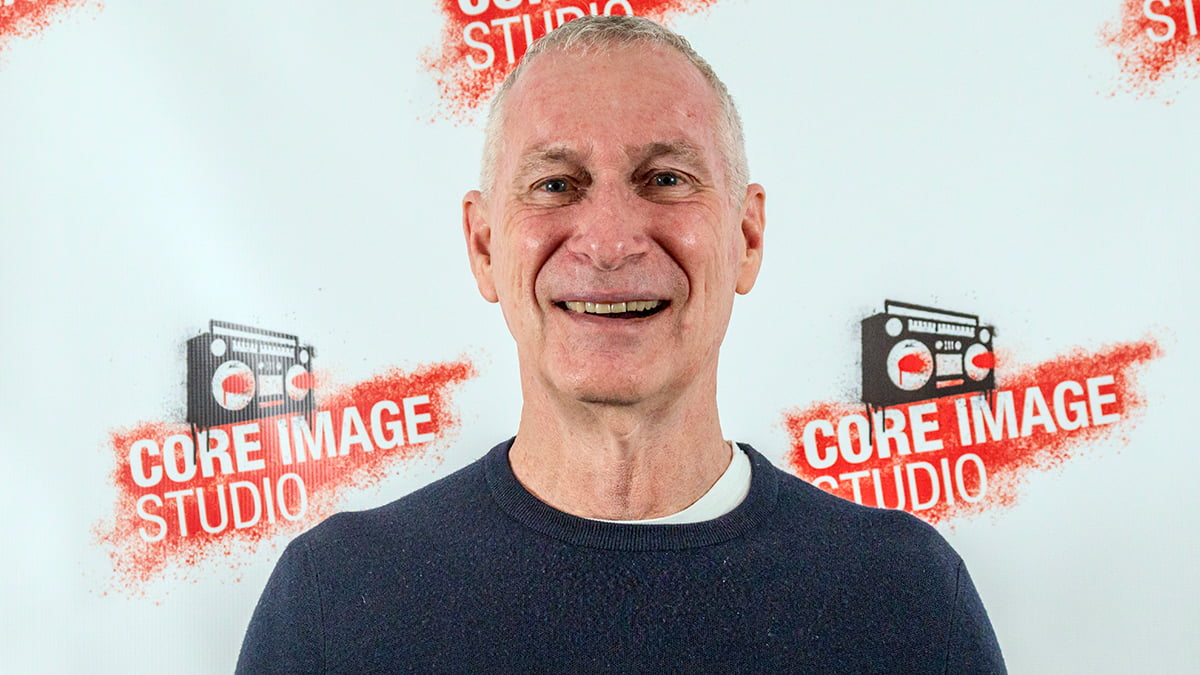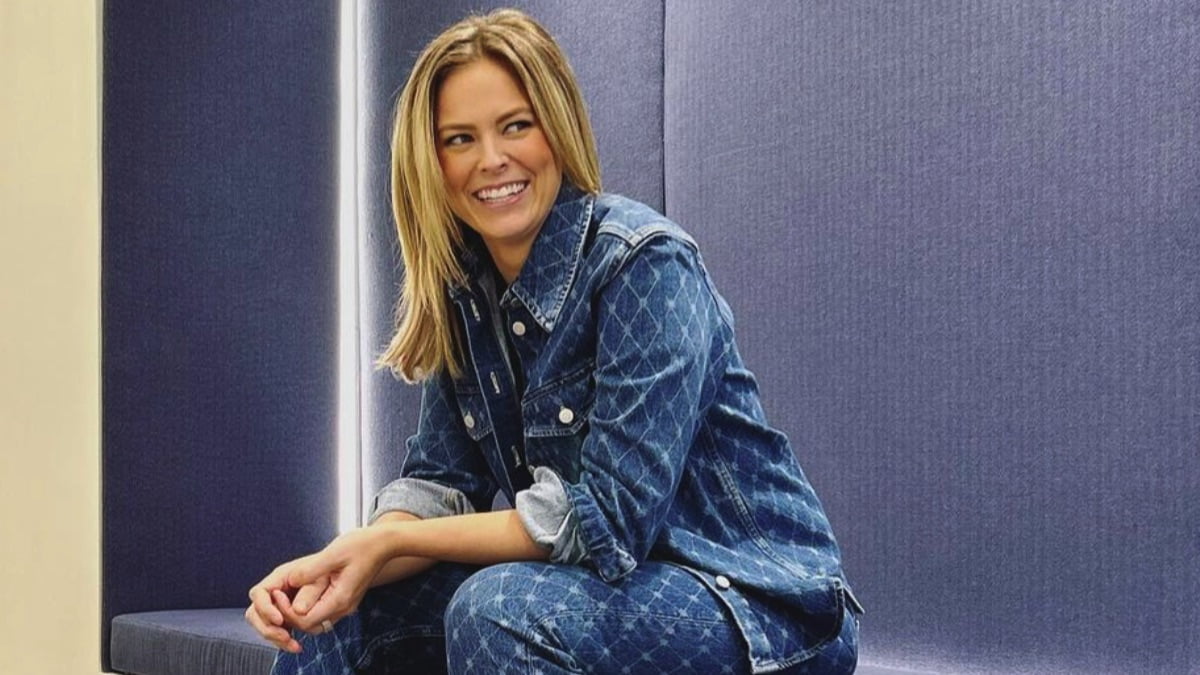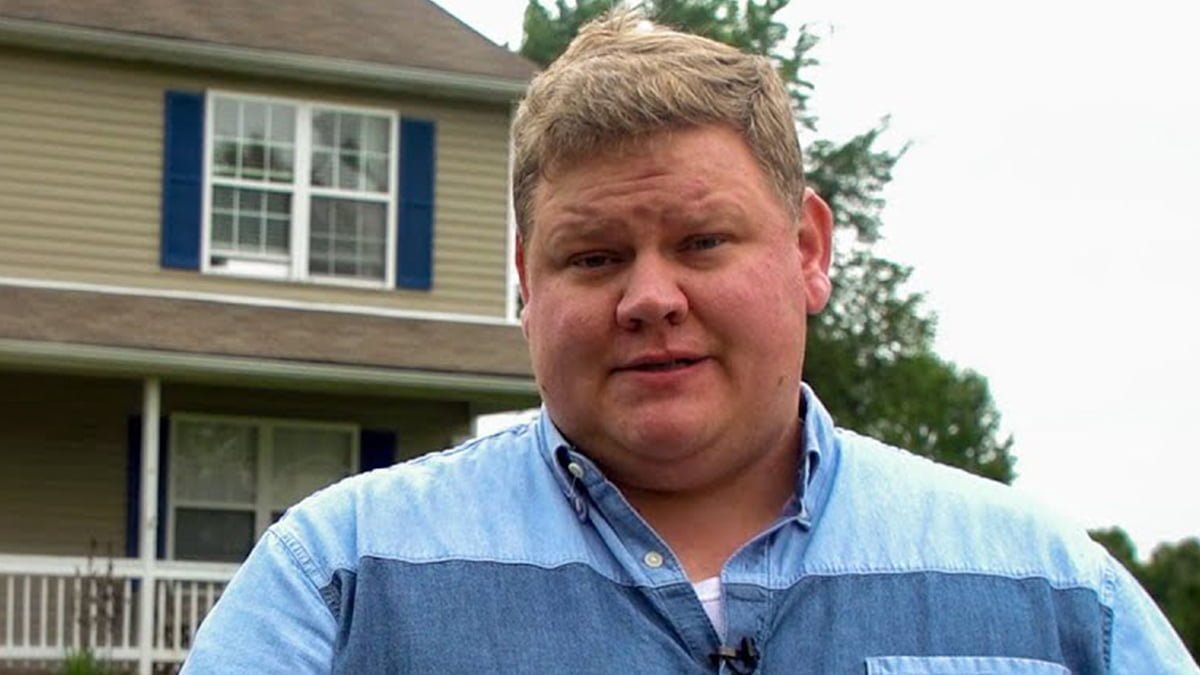Media rights for national television packages for the National Basketball Association are set to expire following the 2024-25 season, with negotiations expected to begin in the new year, which could occur amid Hollywood strikes. The NBA’s exclusive negotiating 45-day window with its current rights holders – The Walt Disney Company (ABC/ESPN) and Warner Bros. Discovery (TNT/TBS/NBA TV) – opens on March 9, 2024 before the rights can be taken to the open market.
Numerous sports media entities have reported interest in the league, including Amazon Prime Video, Apple TV and NBC Sports as NBA Commissioner Adam Silver could look to triple the aggregate fee for games. The league is in the midst of a nine-year deal worth a collective $23.4 billion with the two broadcast entities and has positioned itself for an increase through a new In-Season Tournament, rules regulating load management and additional media incentives.
Linear platforms, combined with sports talk radio and digital outlets have burgeoned coverage of the league to new heights. Superstars such as LeBron James, Stephen Curry and Giannis Antetokounmpo regularly dominate sports conversation in various locales, and the Association has embedded itself in the culture both domestically and abroad. The NBA is expanding globally, holding several international contests each year and marketing its teams, players and personnel in new ways, leveraging its position as the predominant basketball product for augmented fees.
While there seems to be an end in sight for the Writers Guild of America (WGA) strike against the Alliance of Motion Picture and Television Producers (AMPTP) after almost 150 days out of work, companies making bids for the Association project the holdout to stymie certain revenue streams. Warner Bros. Discovery could take a hit between $300 million and $500 million, while The Walt Disney Company shares dropped a collective 14% amid losses of more than $4 million per day.
“This will have zero impact – the strike – on what the NBA gets paid for their rights,” Meadowlark Media co-founder and CEO John Skipper opined on Skipper & Samson. Skipper was part of negotiating the current deal and sees the value the league has in that there are more people interested in broadcasting the games than there are game packages themselves. Because of this, the NBA should have leverage in its negotiations with both traditional and digital outlets.
Conversely, former baseball executive David Samson affirmed that the Hollywood strikes will likely have an impact on negotiations because of the power it grants legacy media in negotiations. Zaslav, as surmised by Samson, will use these strikes as an excuse to justify a diminished fee increase, something he feels will be countered by the NBA with the question of why the company inked its Inside the NBA commentators to 10-year extensions.
“He’ll say back, ‘Well actually, we’ll repurpose them the way we’ve already started to repurpose Barkley,’” Samson articulated. “So I think that the strike actually gives leverage to Warner Bros. Discovery in its negotiation with the NBA.”
David Zaslav, the chief executive officer of Warner Bros. Discovery publicly stated that the entity will not overpay for the NBA and said it does not need the property. Negotiating through the media is a bad idea, according to Skipper, who was previously involved in these negotiations while serving as the president of ESPN. He came to that conclusion after ESPN lost the rights to the National Hockey League after the 2004-05 lockout, a property it did not reacquire until the 2021-22 season.
“In this industry, I never found it anything but deleterious to my discussions with the leagues if I said anything publicly other than, ‘We love this league; we want to renew our rights,’ which we said all the time,” expressed Skipper. “I even said it when I didn’t love the league and didn’t want the rights because, as you know, the second-best outcome of any negotiation is that somebody else pays way more money than they think they have to [in order] to get rights.”
Since the demand outweighs the supply, Skipper does not think that anything going on in the world of entertainment and late night television will affect how much networks will end up paying for the NBA. The league will continue to have every intention of proliferating its earnings derived from media rights, and he thinks it will be successful in its quest to do so.
“He is going to get a very big increase,” Skipper said, referring to Commissioner Silver, “and the writers’ strike is not going to have any effect on that increase, in my opinion.”










